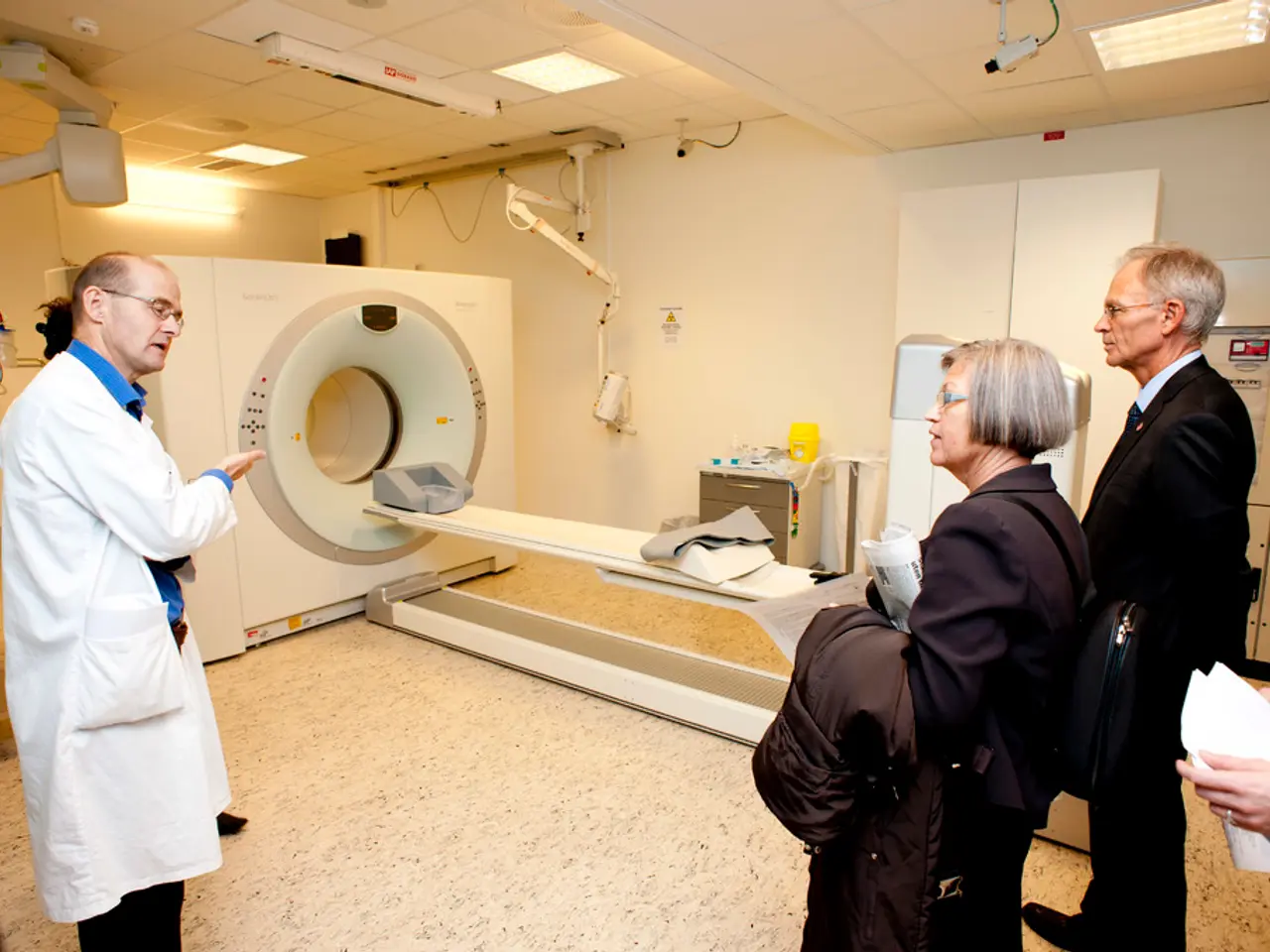Friends' Updates
In the world of German politics and healthcare, a series of events surrounding the appointment and employment of Markus Leyck Dieken have raised eyebrows.
Back in Spring 2019, Health Minister Jens Spahn commissioned a personnel consultancy firm to find a new CEO for Gematik, a company managing Germany's digitalization in the healthcare sector. The order went to Kienbaum, and nine weeks later, Leyck Dieken, a veteran in the pharmaceutical industry, was appointed to the role.
Leyck Dieken's background in the pharmaceutical industry was a point of contention, with critics arguing that it could potentially compromise the integrity of Gematik's work. This concern was further fuelled when it was revealed that Leyck Dieken's basic salary as the new CEO was a significant increase from his predecessor's, totalling 300,000 euros.
During his tenure, Leyck Dieken's actions were not without scrutiny. There was criticism of Gematik, especially due to numerous delays and decisions that seemed to benefit certain companies. This led to a loss of trust, with Transparency International Germany stating that Spahn's appointment of Leyck Dieken had destroyed trust in the electronic patient record.
In mid-2023, Karl Lauterbach took over as Health Minister, and Leyck Dieken's employment was prematurely dissolved. The exact reasons for this decision remain officially unknown. Following this, Leyck Dieken returned to the pharmaceutical industry, this time as a lobbyist, working for Bridges, a Berlin-based lobbying agency with significant influence on health policy.
Meanwhile, in the summer of 2020, a deputy department head for European and international affairs was sought at the Federal Ministry of Health (BMG). Interestingly, no internal applicants applied for the position, and it was externally advertised. It was Paul Zubeil, a friend of Spahn, who prevailed in the multi-stage selection process for the BMG position, becoming the Federal Government's Commissioner for Drug Policy.
Zubeil, who previously worked for the United Nations Population Fund, received a civil servant's salary up to grade AT B6. The appointment of Zubeil was met with harsh criticism, with many questioning the fairness of the selection process and the potential conflict of interest given his friendship with Spahn.
Deutsche Glasfaser, a company based in Borken, funded part of the PR action for the Heinsberg study, conducted by Hendrik Streeck. The study was handled by Story Machine, a PR agency founded by Kai Diekmann and Michael Mronz. The order to the company was placed on April 23, 2019, raising questions about potential conflicts of interest and the transparency of the process.
In light of these events, questions about transparency, conflicts of interest, and the selection process for key positions in the German healthcare sector remain unanswered. The events serve as a reminder of the importance of maintaining trust and integrity in these crucial roles.








